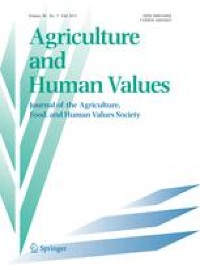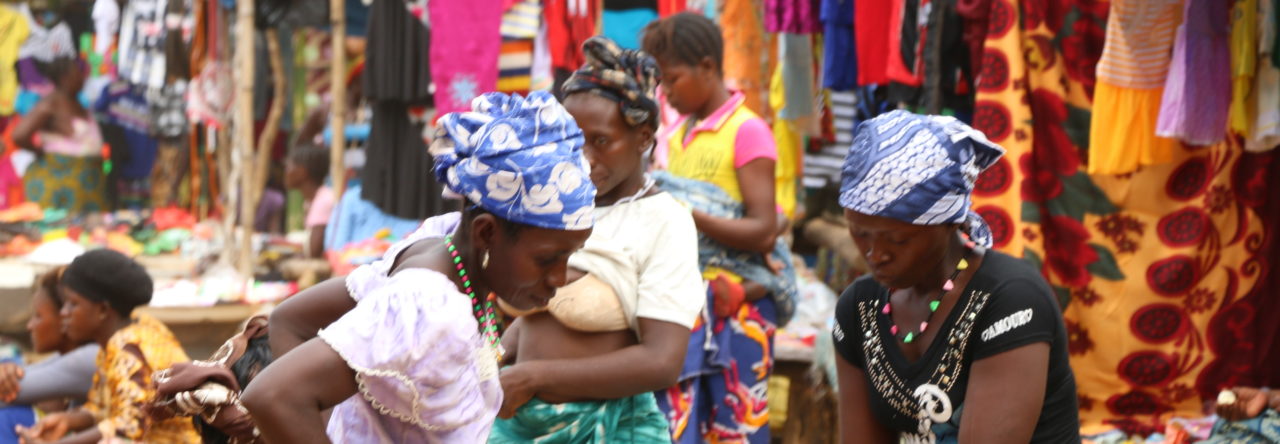
Senegal is among the few African countries that counts with an important agroecological movement. This movement is strongly backed up by a network of transnational partnerships and has recently matured into an advocacy coalition that promotes an agroecological transition at national scale. In this article, we investigate the role of transnational links on the empowerment potential of agroecology. Combining the multi-level perspective of socio-technical transitions and Bourdieu’s theory of practices, we conceptualize the agroecological network as a niche shaped by the circulation of different types of capital. Using social network analysis, we investigate the existing flows of resources and knowledge, as well as membership and advocacy links to critically address within-niche empowerment processes. We show that transnational ties play a key role in building the niche protective space, showing a financial dependency of the agroecological niche on NGOs and international cooperation programmes based in Europe and North America. This configuration tends to favor the empowerment of NGOs instead of farmer unions, which only play a peripheral role in the network. However, the multiple innovations focus of agroecology may open up prospects for more gradual but potentially radical change. Based on our findings, we suggest to include more explicitly core-periphery dynamics in transition studies involving North–South relations, including circulation of capital, ideas and norms.

![]()

Leave a Reply
You must be logged in to post a comment.